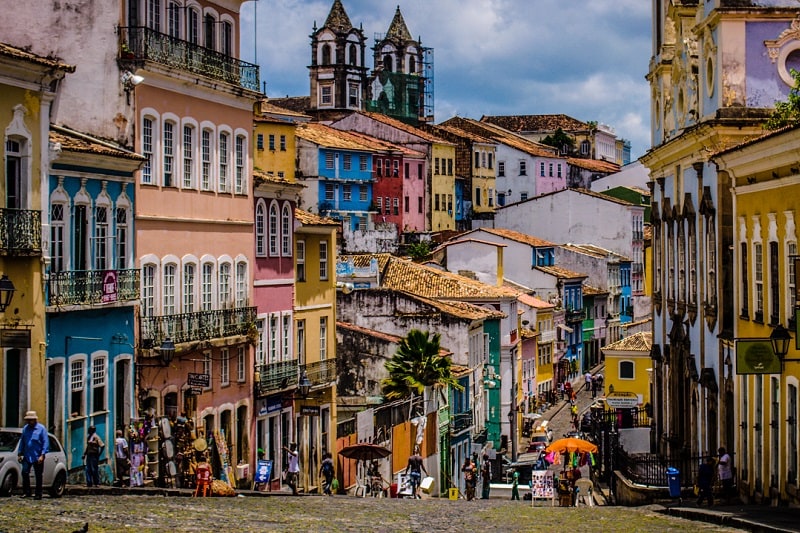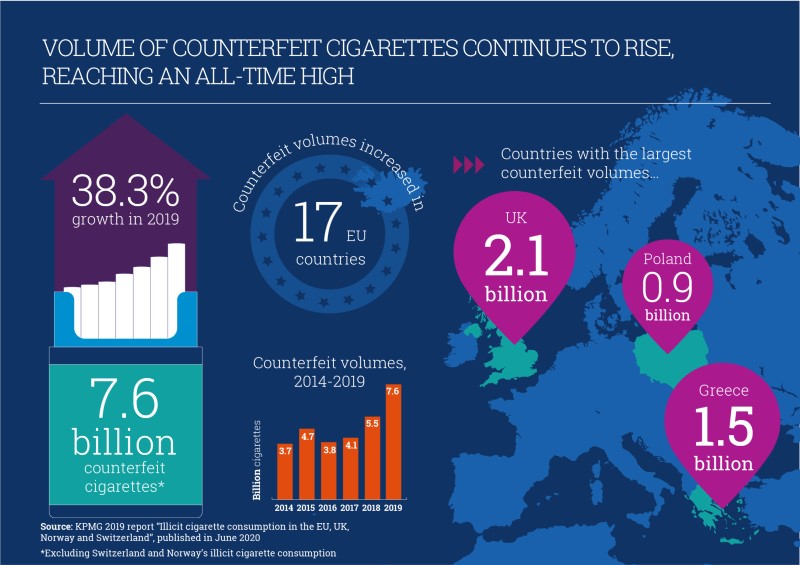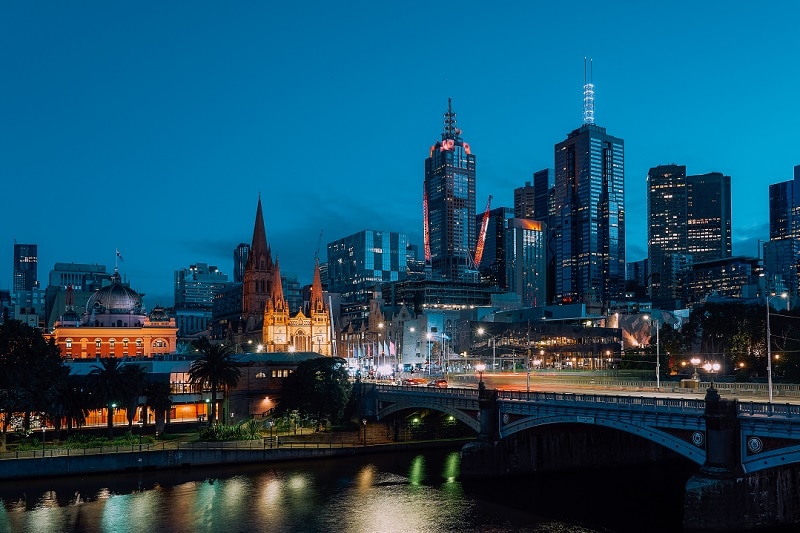
Ban on cigarette sales deepens illicit trade problem in South Africa
26 OCT 2020

Over the past 10 years, the illicit trade of cigarettes has become a mounting problem in South Africa. Cheap and readily available illicit cigarettes are a lucrative source of income for criminal organizations across the country, costing the government billions of rand annually through lost tax revenues.
This issue has escalated since the outbreak of the coronavirus. At the height of the pandemic, South Africa’s lockdown measures included a ban on the sale of alcohol and cigarettes. But the lack of accessibility to legitimate products drove many people to underground vendors.
Criminal groups used this as an opportunity to gain an even greater foothold in the market. And while the cigarette and alcohol ban has since been relaxed, experts say the effects are going to be felt for years to come, even once coronavirus becomes a less formidable threat.
Illicit trade blows smoke on cigarette ban
On March 27, South African authorities banned the sale of tobacco and cigarettes in an effort to help manage the impact of the coronavirus pandemic.
However, a University of Cape Town study published in July found that an estimated 93 percent of consumers were driven to buy cigarettes from illegal sellers following the introduction of the ban. This had a negative effect on society, as the increased demand for illicit cigarettes funded wider criminal behavior. In an investigation by Carte Blanche, former SARS executive Johann van Loggerenberg highlighted that within 70 days of the ban, in excess of ZAR 2 billion had been put into the pockets of organized crime syndicates.
Even before the ban, illicit traders had a prominent market share in South Africa. A study from the Research Unit on the Economic and Excisable Products found that 30 percent of cigarettes consumed in 2017 were likely to be illicit.
Organized crime networks have the ability to profit from changing environments, and this is evident from the current situation in South Africa. Criminals are bidding to keep hold of new customers gained during lockdown, despite the ban being lifted. An Associated Press article noted how one network sent a message to several hundred people promoting a discount on illegal cigarettes—offering a seemingly cheaper and more convenient service.
Unsurprisingly, the Global Initiative against Transnational Organized Crime has argued that the black market is likely to become an “even more intractable problem in the future” as a result of the ban.
The introduction of the illicit trade hotline
There are some immediate actions being taken to help law enforcement clamp down on the issue. The Consumer Goods Council of South Africa (CGCSA), in partnership with its members in the manufacturing and retail industry, recently launched a toll-free Illicit Crime Hotline.
The hotline can be used by the public to anonymously report any concerning behavior around the trading of illicit and counterfeit products. The initiative allows there to be more eyes looking out for and informing on criminal behavior, while ensuring the safety of whistle-blowers.
Philip Morris South Africa (PMSA), a member of the CGCSA, described the introduction of the hotline as “a step in the right direction.”
Marcelo Nico, managing director of PMSA, pointed out that 2020 has been a pivotal year, noting CGCSA’s continued “commitment to combating illicit trade in South Africa.” He highlighted that the launch of the hotline will enable not only law enforcement, but also the general public to be “directly involved in the fight against illicit and counterfeit” trade.
What else needs to be done?
While South Africans can now help inform authorities about illicit activity, they cannot fight the issue alone. Illicit trade in the country has been increasing since the past few years. Methods such as the Illicit Crime Hotline are beneficial as they tackle the issue locally. But as illicit cigarette trafficking is also a cross-border issue, developing a regional strategy targeting all the countries involved will be fundamental.
The illicit trade in tobacco has negative effects on business and public health, positioning it as a threat to economic growth. Combating the issue will not only positively impact the economy, but also the general public.
Decisive and innovative steps must continue to be taken to work toward effective solutions. Addressing the problem successfully will require ongoing and collaborative efforts by law enforcement, governmental agencies, and the private sector.
Related articles
Share this link
Illicit trade prevention


